Introduction: The Power of Nutrition in Evaluation Decision Making
In the realm of cognitive health and high-level thinking, food is far more than fuel. It acts as a crucial component influencing how efficiently we evaluate the decision, navigate complex situations, and optimize our evaluation decision making processes. Just as a finely tuned machine requires premium fuel, the brain thrives on specific nutrients that enhance clarity, memory, and the ability to make decisions effectively. In today’s competitive world where decision making at work examples often distinguish leaders from followers, understanding the link between nutrition and cognitive function becomes essential. This article explores top foods that enhance decision making ability, offering practical strategies to support what you read for exams, how to remember stuff when studying, and ultimately, how to evaluate the decision with greater precision.
You may also like: Navigating Life: Anxiety’s Impact on Decision-Making
Understanding Decision Making: How Nutrition Fits into the Seven Steps
Decision making is a structured process, typically outlined in models such as the 7 step decision making process. To truly understand how to evaluate the decision effectively, we must first explore these frameworks. How many steps are in the decision making process? Depending on the model, experts often cite the 5 steps of decision making, seven steps in the decision making process, or even eight steps in the decision making process. No matter the model, the principle remains: each step, from identifying the problem to selecting the best solution, requires optimal brain function. Which step comes first in the decision making process? Identifying the problem. What is the second step in the decision making process? Gathering information. What is the third step in the decision making process? Evaluating alternatives. Supporting these stages with the right nutrition can enhance focus, analytical thinking, and memory retention, key elements in the 5 stages of decision making process.
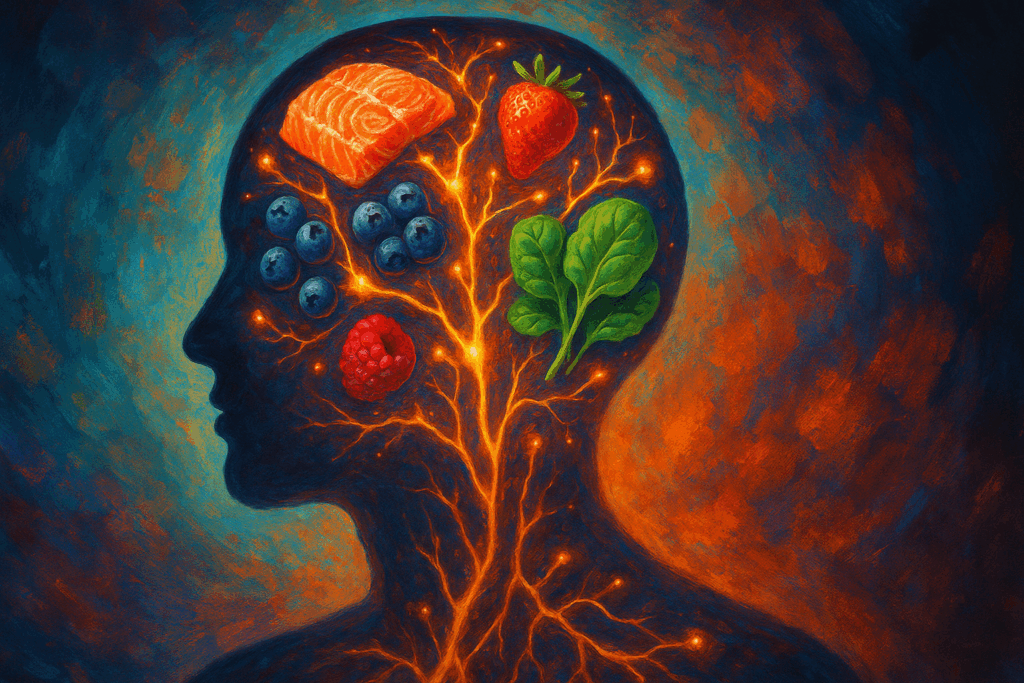
How Brain-Boosting Foods Influence Evaluation Decision Making
When we list the steps of decision making process, it becomes evident that each stage demands clear mental performance. Good decision making is related to being alert, focused, and able to access memory quickly and accurately. Development decision making, whether in students or professionals, is deeply tied to the brain’s ability to form, retain, and apply knowledge. Foods rich in antioxidants, healthy fats, vitamins, and minerals nourish the brain and counteract oxidative stress, which can impair cognitive clarity. In addition, consistent nutrition patterns can greatly influence how to remember things while studying, strengthening neural pathways that support rapid, effective evaluation decision making.
Omega-3 Fatty Acids: The Foundation for Clear Decision Making
Omega-3 fatty acids, found abundantly in fish like salmon, sardines, and mackerel, play a pivotal role in cognitive health. These essential fats support cellular membrane fluidity, ensuring that neurotransmitters function optimally. Studies show that individuals with higher omega-3 intake demonstrate improved decision making ability, particularly in complex tasks that require evaluating multiple outcomes. Integrating omega-3s into your diet can help with evaluation decision making at all stages, from considering alternatives to finalizing a choice. For those wondering how to memorize something for a test or how to remember stuff when studying, omega-3-rich meals can serve as a powerful cognitive enhancer.
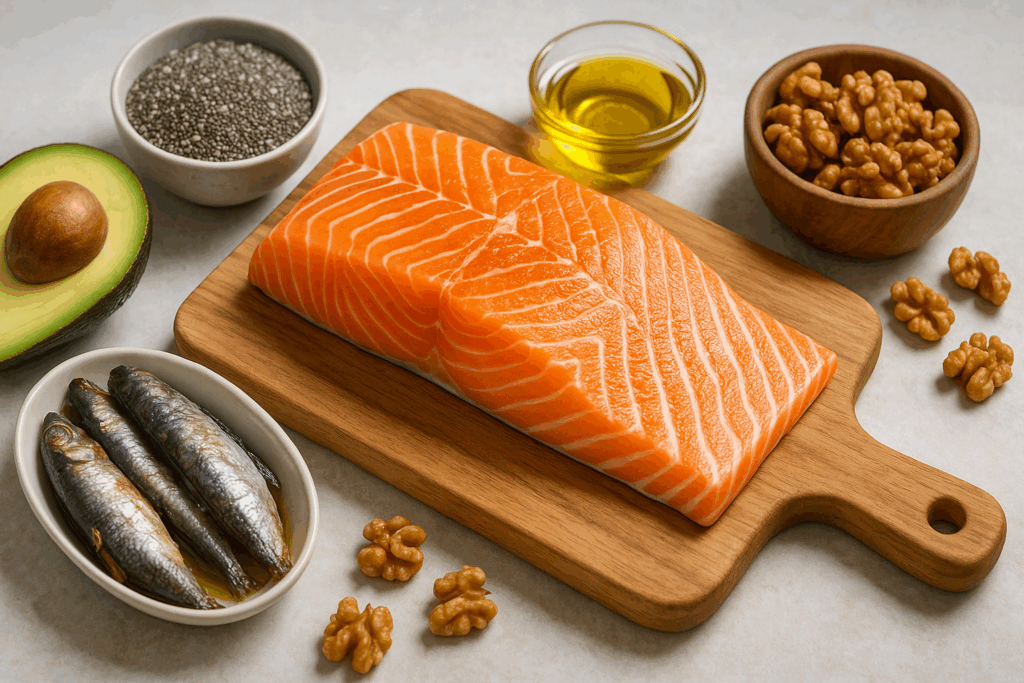
Antioxidant-Rich Berries: Enhancing Memory for Better Evaluation
Berries such as blueberries, strawberries, and blackberries offer a potent dose of antioxidants, particularly flavonoids, which help reduce inflammation and oxidative stress in the brain. Research links berry consumption to improvements in memory and executive function, two key factors in effective decision making. When you need to evaluate the decision carefully, maintaining sharp memory recall becomes critical. Eating berries regularly supports how to remember things while studying, providing a natural advantage during exams or important workplace evaluations. Incorporating these fruits into daily meals can sustain energy levels and support each phase of the 7 steps of decision making, reinforcing cognitive flexibility and accuracy.
Leafy Greens: Building a Brain Resilient to Cognitive Fatigue
Leafy greens like spinach, kale, and Swiss chard are rich in folate, vitamin K, and lutein, nutrients essential for brain health. Folate, in particular, helps lower levels of homocysteine, an amino acid linked to cognitive decline. Regular consumption of leafy greens has been associated with slower cognitive aging, allowing individuals to perform better in the five decision making steps and even the eight steps in the decision making process. These vegetables offer practical benefits for those seeking to improve what they read for exams and to optimize decision making at work examples by enhancing critical thinking, concentration, and recall.
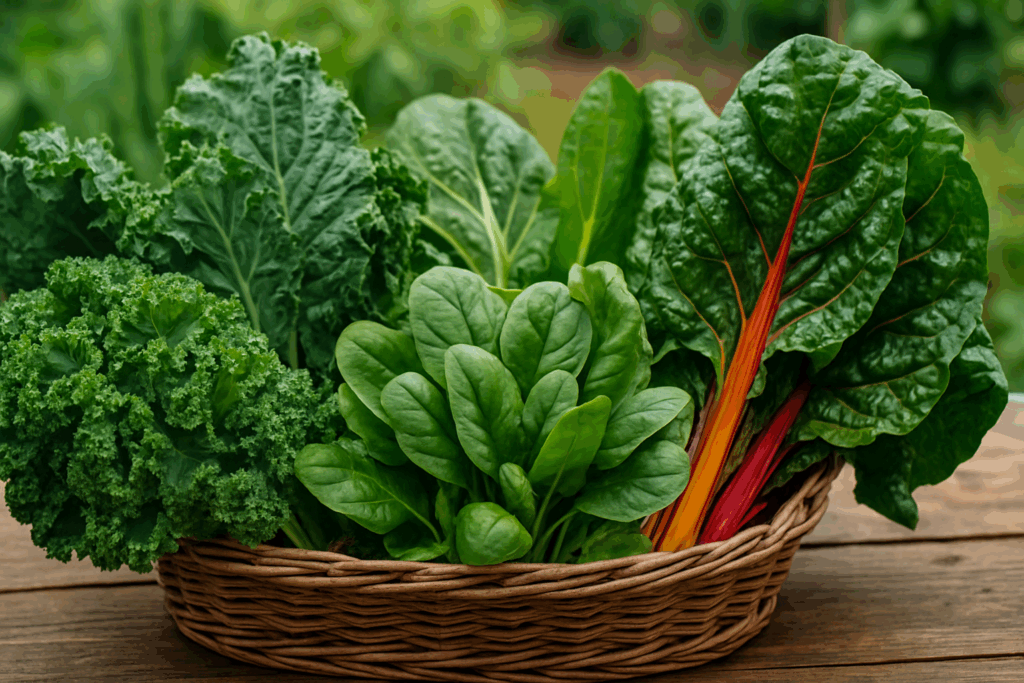
Nuts and Seeds: Sustained Energy for Prolonged Evaluation
Nuts and seeds, especially walnuts, almonds, flaxseeds, and chia seeds, are nutrient-dense powerhouses that support brain endurance. Packed with vitamin E, healthy fats, and antioxidants, they help maintain energy levels and cognitive sharpness over long periods, crucial for navigating the 7 step decision making process. For those facing extended study sessions or demanding evaluation decision making tasks, a handful of nuts can be the difference between clear thinking and mental fatigue. Their ability to stabilize blood sugar levels also supports what you read for exams by promoting sustained focus and preventing cognitive crashes.
Whole Grains: Steady Glucose for Continuous Brain Power
Whole grains such as oatmeal, brown rice, and quinoa provide a steady release of glucose, the brain’s preferred energy source. Unlike simple carbohydrates, which cause rapid spikes and crashes, whole grains maintain a consistent energy flow, essential for evaluating complex decisions over extended periods. As you move through the seven steps of decision making or the five stages of decision making process, maintaining stable energy helps ensure that evaluation of alternatives and risk assessment are performed with the utmost clarity. Including whole grains in daily meals supports good decision making by enhancing attention span and cognitive endurance.
Dark Chocolate: A Cognitive Boost for Complex Decision Making
Dark chocolate, especially varieties with high cocoa content, offers a delicious cognitive advantage. Rich in flavonoids, caffeine, and theobromine, dark chocolate can boost alertness, blood flow to the brain, and mood. These effects can significantly aid decision making ability, particularly during challenging phases of the 7 steps of decision making where weighing pros and cons demands high mental output. Enjoying a moderate amount of dark chocolate before a major evaluation session or exam preparation can help sharpen your mind and support how to remember stuff when studying.
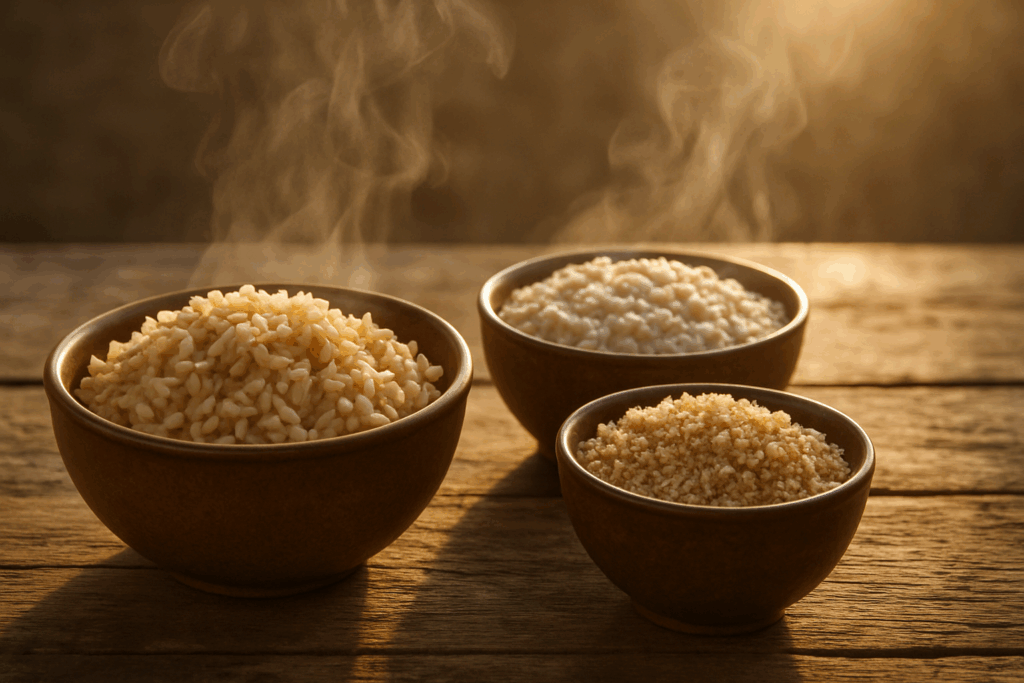
Avocados: Promoting Neurovascular Health for Better Decisions
Avocados, loaded with healthy monounsaturated fats, vitamin K, and potassium, are excellent for maintaining optimal blood flow to the brain. Improved blood flow means enhanced oxygen and nutrient delivery, which is crucial for cognitive tasks. When you evaluate the decision or engage in detailed evaluation decision making, every brain cell benefits from the improved vascular support avocados provide. Regular avocado consumption also supports emotional regulation, an often overlooked but essential factor in decision making at work examples where stress can impair judgment.
Turmeric: Fighting Inflammation to Support Mental Clarity
Turmeric contains curcumin, a potent anti-inflammatory compound that crosses the blood-brain barrier. Chronic inflammation can hinder the brain’s ability to perform the seven steps of decision making effectively. By reducing inflammation, turmeric helps maintain a clear, focused mind, allowing for better memory retention and more precise evaluation of information. Integrating turmeric into meals, such as adding it to soups, stews, or smoothies, can be a strategic move for those wanting to enhance what they read for exams and strengthen their overall cognitive resilience.
Green Tea: Supporting Calm Focus for Evaluating Complex Decisions
Green tea offers a unique combination of caffeine and the amino acid L-theanine, which together promote a state of calm alertness. This mental state is ideal for working through the 5 stages of decision making process, where both focus and relaxation are necessary to make well-reasoned choices. Green tea can help individuals who need to remember how to memorize something for a test while maintaining composure under pressure. Regularly drinking green tea supports decision making ability by enhancing sustained attention, working memory, and cognitive flexibility.
Practical Meal Planning for Better Decision Making
Creating a meal plan that incorporates these brain-boosting foods can be a game-changer for anyone seeking to improve evaluation decision making. Breakfasts rich in whole grains and berries can set the stage for a productive morning of critical thinking. Lunches featuring leafy greens and omega-3-rich fish can sustain energy and cognitive clarity throughout the afternoon. Snack options like nuts, seeds, and dark chocolate can keep the mind sharp during the inevitable mid-day slump. Dinner meals featuring avocado, quinoa, and a turmeric-spiced dish ensure that the brain remains nourished and resilient, even at the end of a long day of development decision making.
Lifestyle Tips to Enhance the Cognitive Effects of Nutrition
While food plays a foundational role, combining proper nutrition with other healthy lifestyle choices can maximize decision making ability. Regular physical exercise promotes neurogenesis and improves blood flow to the brain, enhancing cognitive function. Adequate sleep consolidates memory, ensuring that what you read for exams is firmly encoded for retrieval. Mindfulness practices such as meditation can improve emotional regulation, helping individuals navigate the five decision making steps without undue stress. Hydration is another key factor; even mild dehydration can impair concentration and evaluation decision making abilities.
The Relationship Between Memory, Study Techniques, and Decision Making
Students and professionals alike often wonder how to remember things while studying and how this skill connects to broader decision making frameworks. Effective study techniques, such as spaced repetition and active recall, enhance the brain’s ability to retain and manipulate information. This improved memory capability directly supports the evaluation of options and consequences during the seven steps of decision making. By strengthening how to remember stuff when studying, individuals lay a strong cognitive foundation for evaluating alternatives, weighing outcomes, and making sound decisions in all areas of life.
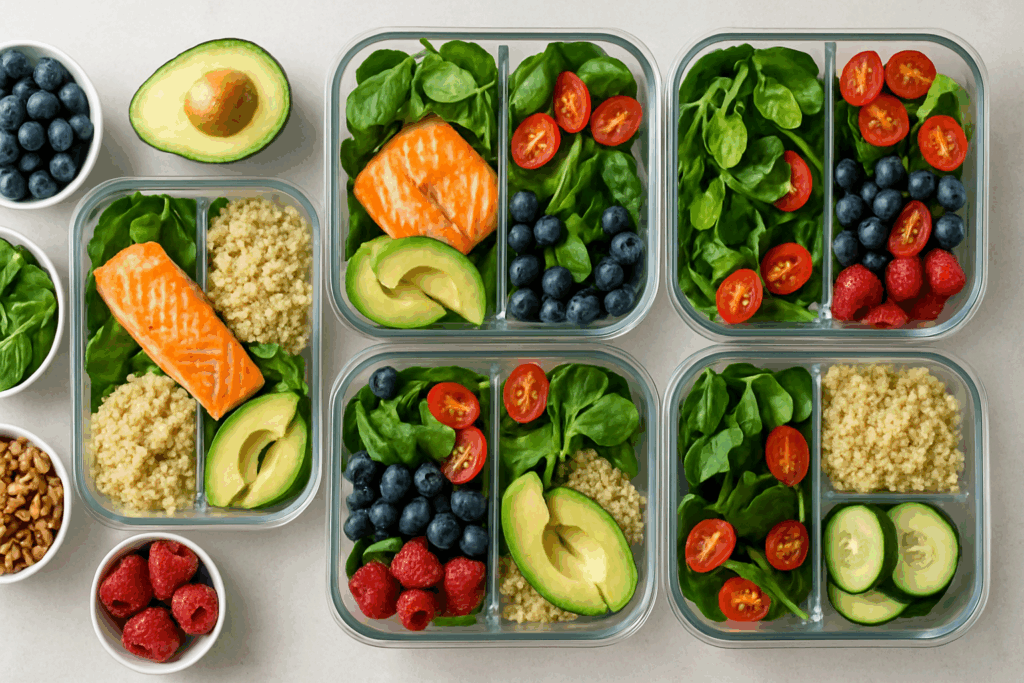
FAQ: Enhancing Evaluation Decision Making Through Nutrition
What are some lesser-known foods that can improve evaluation decision making?
While traditional brain foods like fish and berries are well known, lesser-celebrated options such as pumpkin seeds, beets, and seaweed also significantly impact evaluation decision making. Pumpkin seeds are rich in zinc, which plays a role in supporting neurotransmitter communication essential to evaluate the decision efficiently. Beets, with their natural nitrates, improve blood flow to the brain, enhancing processing speed during evaluation decision making. Seaweed, often overlooked, contains iodine, which supports thyroid function and, in turn, cognitive performance crucial for clear evaluation. Including these foods in your diet can offer an edge in complex decision-making scenarios often encountered in professional and academic settings.
How does intermittent fasting impact the ability to evaluate the decision clearly?
Intermittent fasting is gaining attention for its cognitive benefits, particularly in how it affects evaluation decision making. By promoting cellular repair processes and reducing inflammation, fasting can enhance mental clarity and energy levels when it’s time to evaluate the decision. Some studies suggest that mild calorie restriction improves focus and memory consolidation, which are crucial for high-quality evaluation decision making. However, it is essential to tailor fasting schedules to individual needs, as prolonged fasting without proper guidance can impair cognitive function instead of enhancing it. Approaching intermittent fasting thoughtfully ensures it supports, rather than hinders, your mental sharpness.
Are there emotional factors that interfere with evaluation decision making, even with proper nutrition?
Yes, emotional regulation plays a crucial role alongside nutrition in influencing evaluation decision making outcomes. Even when you nourish your brain optimally, unchecked emotions like anxiety, frustration, or overexcitement can cloud the ability to evaluate the decision impartially. Practices such as mindfulness, journaling, and structured breathing exercises help regulate emotional responses, allowing the cognitive benefits of nutrition to shine. Recognizing the emotional context of a decision is particularly important in high-stress environments where evaluation decision making must be fast yet accurate. Integrating emotional awareness into daily life creates a holistic framework for smarter, more resilient choices.
Can social environments influence how effectively we evaluate the decision?
Absolutely, the environment in which you engage in evaluation decision making heavily impacts its quality. Positive social settings encourage openness, critical thinking, and reduced anxiety, all of which enhance your ability to evaluate the decision thoroughly. Conversely, environments filled with judgment, interruptions, or negativity can impair focus and lead to rushed or poor decisions. Even with strong internal cognitive skills, being mindful of the social atmosphere around you is key to maintaining high-quality evaluation decision making. Prioritizing supportive, collaborative spaces can significantly enhance not just individual outcomes but also team decision-making performance.
How does physical fitness correlate with evaluation decision making?
Physical fitness directly complements cognitive sharpness, creating a powerful synergy that supports evaluation decision making. Regular exercise increases hippocampal volume, which is linked to memory and learning—both vital when you need to evaluate the decision systematically. Cardiovascular activities like running, swimming, or even brisk walking boost neuroplasticity, making it easier to adapt to new information and pivot decisions when necessary. Studies also show that physically fit individuals exhibit better executive functioning, an essential component of high-level evaluation decision making. Integrating fitness into daily routines acts as a multiplier for both mental and emotional clarity.
Are there specific study techniques that enhance evaluation decision making during exams?
Yes, strategic study techniques can dramatically improve evaluation decision making, especially under exam conditions. Active recall, where you repeatedly test yourself on the material rather than passively rereading it, strengthens neural pathways needed to evaluate the decision quickly during tests. Interleaving, or mixing different topics during study sessions, improves cognitive flexibility—a critical skill for dynamic evaluation decision making. Additionally, using visualization strategies helps reinforce complex information, making it easier to retrieve and apply when evaluating multiple choices under pressure. Combining these techniques with brain-boosting nutrition creates a robust foundation for academic success.
Can over-supplementation harm evaluation decision making efforts?
While supplements like omega-3s and B vitamins can aid cognitive health, over-reliance or excessive dosages may counteract efforts to evaluate the decision effectively. For example, too much vitamin B6 can lead to nerve toxicity, impairing sensation and reaction time, both of which are crucial during evaluation decision making. Similarly, high doses of caffeine supplements might cause jitteriness, impairing focus rather than enhancing it. It is important to consult healthcare professionals before adding supplements to ensure they genuinely support, rather than disrupt, your cognitive goals. A food-first approach remains the safest and most effective method for optimizing mental performance.
How can travel and exposure to new environments improve evaluation decision making?
Travel exposes the brain to novel stimuli, forcing it to adapt and strengthen flexible thinking—a skill crucial for high-quality evaluation decision making. Navigating unfamiliar settings, learning new languages, or experiencing different cultures expands neural networks, enriching the brain’s ability to evaluate the decision with broader context and creativity. Studies have linked travel experiences to enhanced problem-solving skills and increased tolerance for ambiguity, both important in complex evaluation decision making scenarios. Thus, even leisure travel can have professional and academic benefits by cultivating a more agile, open-minded cognitive framework.
What role does sleep quality play in supporting evaluation decision making?
Sleep acts as the brain’s maintenance system, consolidating memories and clearing out metabolic waste that can impair evaluation decision making. During deep sleep stages, the brain strengthens synaptic connections, making it easier to evaluate the decision accurately based on previously learned information. Sleep deprivation, even minimal, dramatically reduces cognitive flexibility, memory retention, and the ability to process risks—three pillars of sound evaluation decision making. Maintaining a consistent sleep schedule and optimizing sleep hygiene are therefore non-negotiable for anyone seeking to improve their mental clarity and decision-making precision. Investing in quality sleep is investing directly in long-term cognitive health.
Is there an ideal age to start optimizing foods for better evaluation decision making?
There is no “too early” when it comes to supporting the brain through proper nutrition for enhanced evaluation decision making. Childhood and adolescence are critical periods when the brain is highly plastic, meaning the ability to evaluate the decision is especially malleable to positive influences like healthy eating. However, adopting a nutrition-focused approach in adulthood or even midlife can still yield significant improvements in evaluation decision making, especially when combined with other cognitive training techniques. Aging brains also benefit from nutrient-dense foods, particularly those rich in antioxidants and omega-3s. Thus, supporting evaluation decision making through strategic nutrition is a lifelong opportunity to maximize cognitive potential.
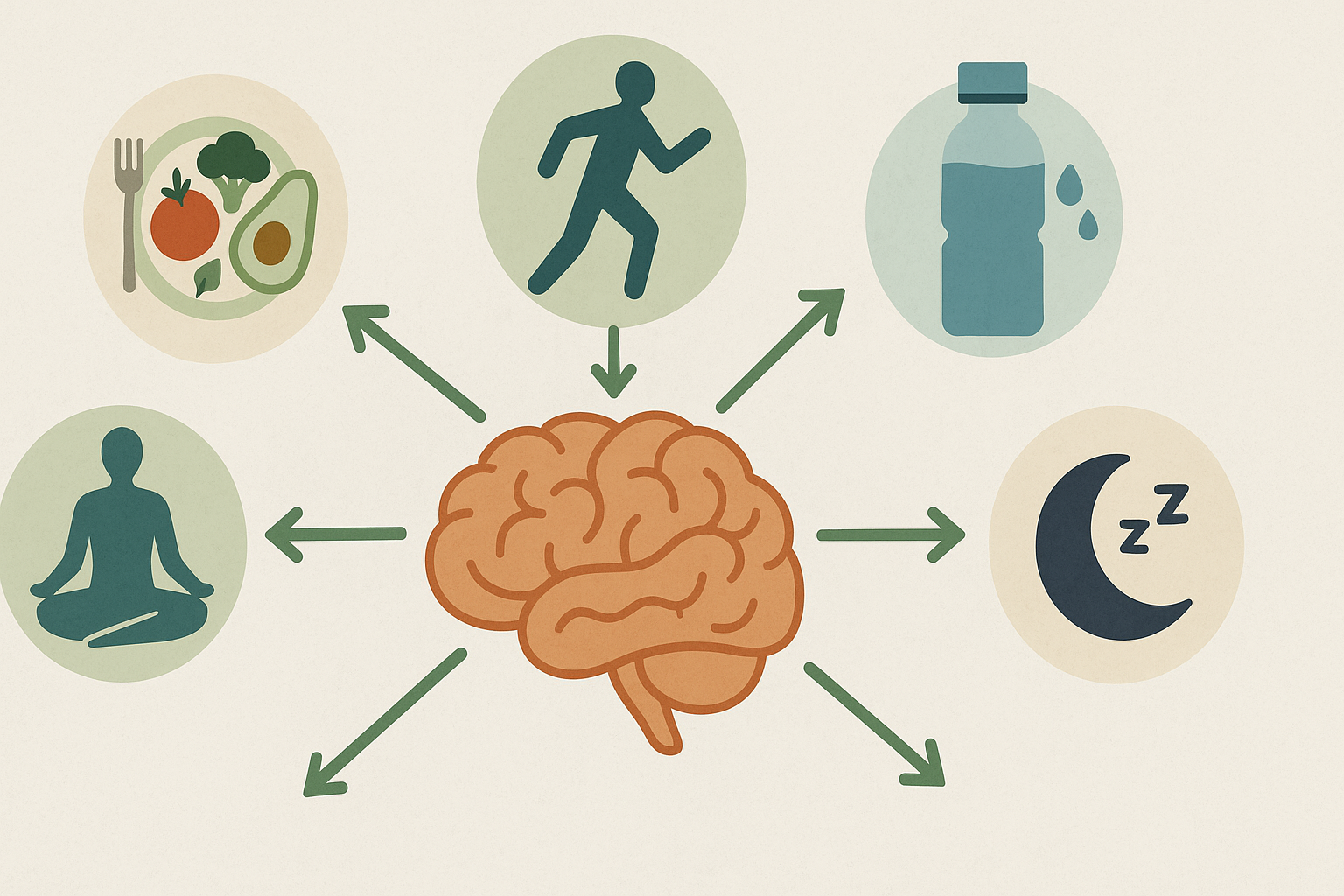
Conclusion: Harnessing Nutrition for Superior Evaluation Decision Making
In the intricate dance of life, the ability to evaluate the decision clearly and efficiently can often mean the difference between success and missed opportunities. Understanding how many steps are there in the decision making process and mastering frameworks such as the 7 steps of decision making are important, but equally critical is nourishing the brain to perform at its best. By integrating brain-boosting foods like leafy greens, berries, nuts, whole grains, and omega-3-rich fish into daily meals, individuals can enhance their memory, focus, and analytical skills. Combining these nutritional strategies with lifestyle practices such as exercise, sleep optimization, and mindfulness creates a synergistic effect, supporting superior evaluation decision making across all contexts. Whether preparing for exams, navigating high-stakes work decisions, or simply striving to make more thoughtful everyday choices, investing in cognitive health through nutrition is one of the most powerful, evidence-based natural remedies available today.
Further Reading:
Why Evaluate: Making Informed Decisions


